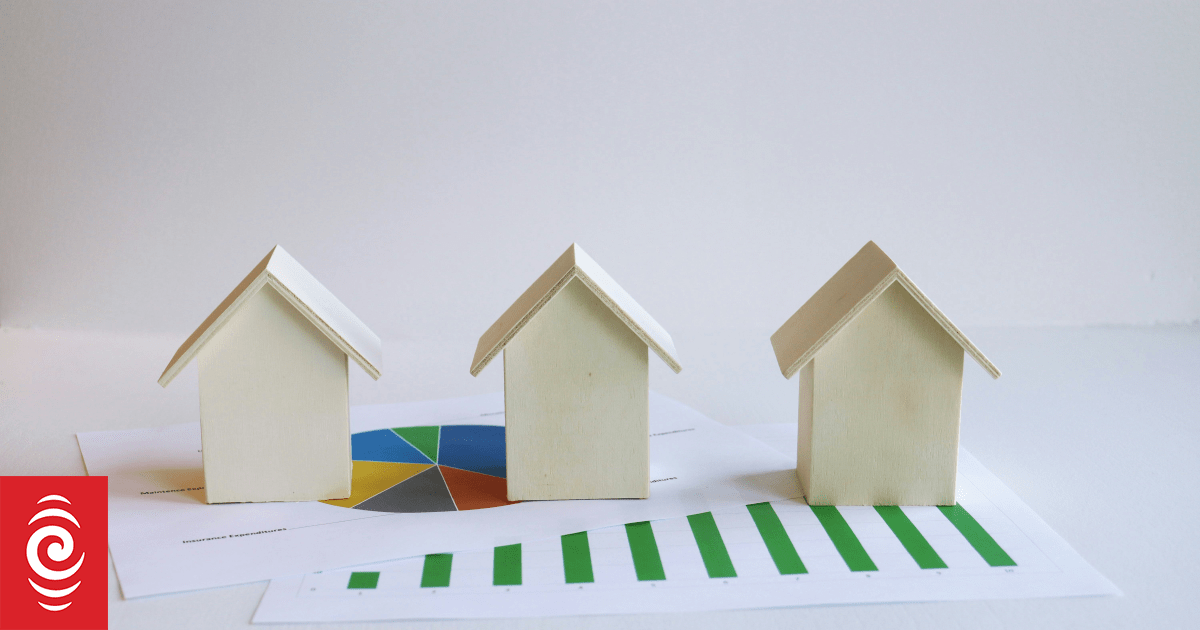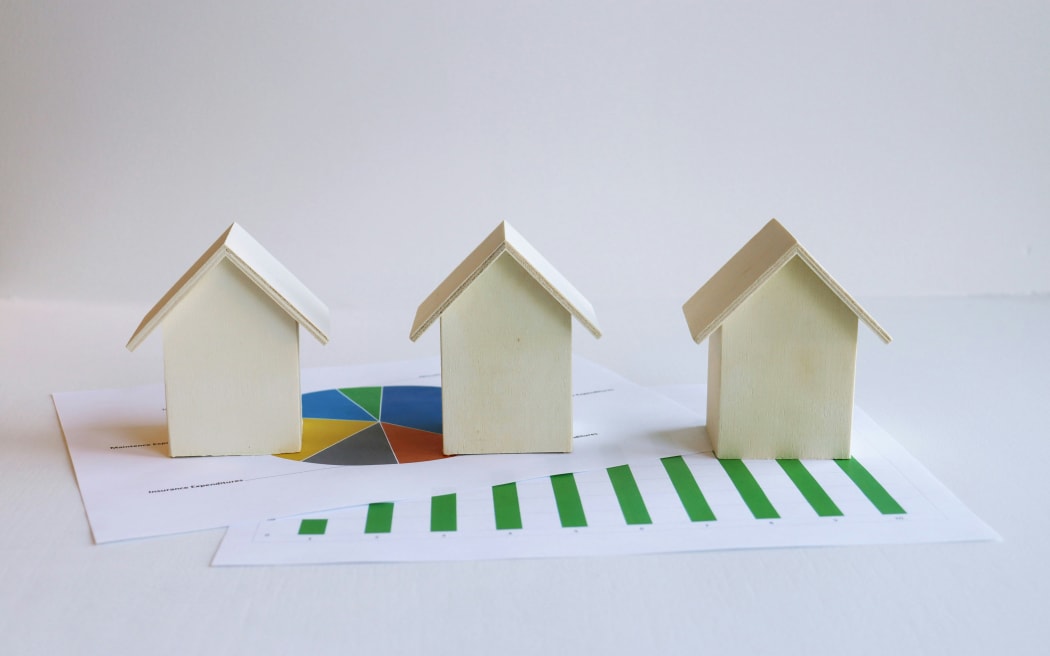Nearly one in four, and 46 percent of those aged 18-29, said they felt overwhelmed by the thought of having to select the perfect property.
Photo: Unsplash/ Artful Homes
It might be a big financial goal for many New Zealanders but buying a house can also be an emotionally difficult experience.
Research from Trade Me Property shows that 80 percent of people say it’s stressful – ranging from 81 percent of those aged under 30 through to 68 percent of those over 54.
The stress was driven by competitive conditions, rising costs and the number of options buyers had to deal with.
Nearly one in four, and 46 percent of those aged 18-29, said they felt overwhelmed by the thought of having to select the perfect property.
More than half of those surveyed said they had experienced fear of missing out while house hunting, rising to 79 percent for those aged 18 to 29.
“The process of moving can be a significant source of psychological stress,” said clinical psychologist Dougal Sutherland.
“It often involves financial pressure, time constraints, and a series of high-stakes decisions, all of which can contribute to feelings of anxiety, uncertainty, and mental strain.”
Getting married, moving or buying a house and public speaking were the three things that people most often reported causing high levels of stress, he said.
“Anything where you’ve got ambiguity, unpredictability and newness, where it’s something you’ve not done before. Those are the key ingredients creating stress.
“House buying, for many of us, fits into that category. We might only do it once or twice, maybe three times in our lives. You’ve got some high stakes, lots of money, you might be thinking ‘gosh this is going to be my forever house’. It can be easy to feel stressed.”
People could help reduce their stress by focusing on what they could control, rather than external factors such as what other people might offer or what was available on the market, he said.
“Use any tools or devices or aids that can help you focus on the things you can control … think about the area and the price bracket you’re looking in so you’re not pulled off in different directions.”
He said the more people could get a sense of control and predictability, the better.
The industry could help by offering more guidance and support for buyers, he said.
Economist Ed McKnight, from property firm Opes Partners, also had some advice.
People should try to take the emotion out of their decisions as much as they could, he said.
When he was considering a purchase, he would make a spreadsheet of the properties he was considering, including how many bedrooms and bathrooms they had, what the CV was, and what it might sell for. “I add them all in so I can look objectively at all the different properties and rate them,” he said.
It was a similar approach to the advice given to people who were struggling with other worries – to start writing a diary to get it out of their heads, he said.
“There’s some truth to that. In my economics-focused way, I do the same thing. Get it out of your head on to paper so you can look at the facts. One thing that causes stress is we as humans struggle to weigh up how much do we weight that we really like that bathroom, that it’s in a good school zone … get it down on paper, write out the pros and cons, figure out which ones do we like best. So much stress happens in your head because you have to remember the facts and weigh them up. When they’re on paper you can look at what is the best decision to make.”
People should also be prepared to lose a house, he said.
“Whatever house you look at, whatever you like, there will always be another one. It’s like when you get broken up with by your first girlfriend you think ‘how will I ever recover’ but then you realise life goes on, there’s plenty more fish in the sea … it’s the same with property.”
Building valuations and other expenses needed to be thought of as sunk costs that was already gone, he said, so that people did not spend more money trying not to waste what had been paid.
“You don’t have to go and buy that property because spent $1000 on the building inspection if you find it’s not the right property for you. Human psychology is such that you think you need to get a return but once you’ve spent the money you still need to think ‘what is the best decision for me now?'”
Sign up for Ngā Pitopito Kōrero, a daily newsletter curated by our editors and delivered straight to your inbox every weekday.


